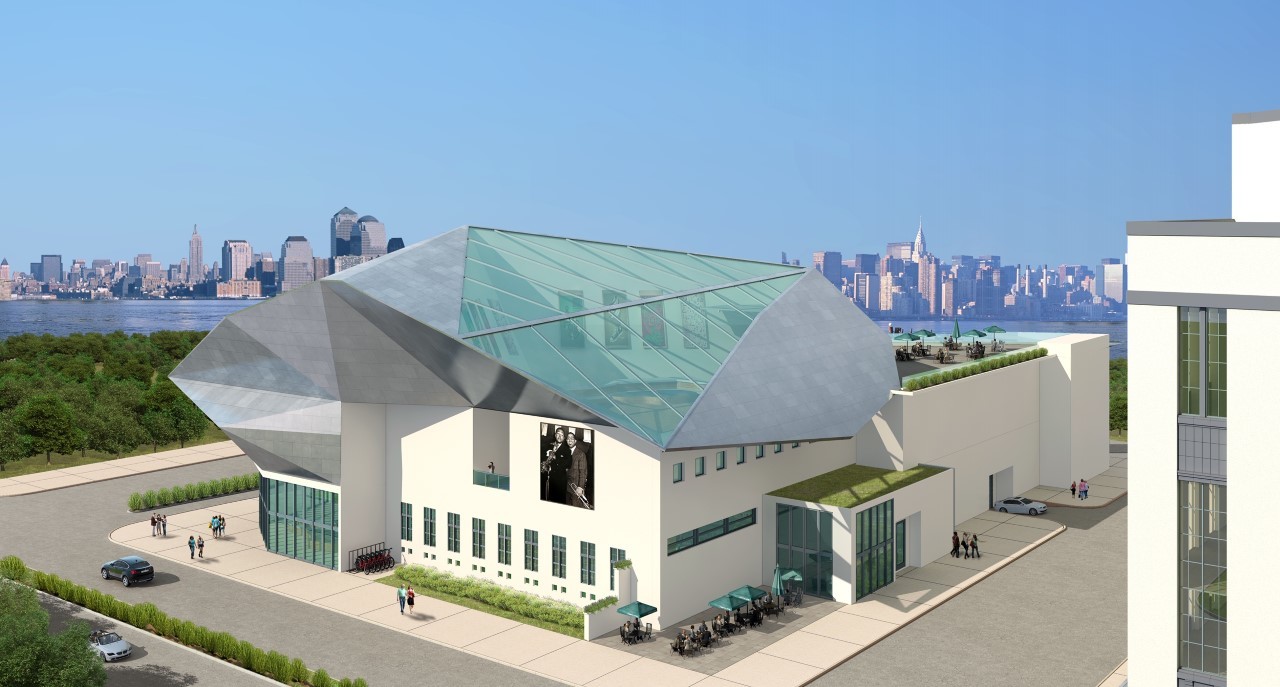October 22, 2019 // Statement from District 2 Councilmember Nikki Fortunato Bas
Dear Colleagues on the Oakland City Council and Members of the Public,
At today’s Community & Economic Development Committee meeting I, along with Councilmember Lynette Gibson McElhaney, am introducing a resolution regarding the disposition of the Fire Alarm Building Site at 1310 Oak Street, in accordance with our State Surplus Lands Act, with an option to commence negotiations for the lease and development of the property with the Museum of Jazz and Art.
When I ran for office, one of my six campaign pledges was to preserve Oakland’s arts and cultural heritage. Oakland has a deep history of culture, arts and activism that reflects the great diversity of our City and vibrates through our streets and institutions. Yet in this affordable housing crisis, Oakland artists are being massively displaced. Our City’s 2018 Cultural Plan found that not only can these individuals not find housing, but there are less opportunities for artists and cultural workers. Despite our many plans that address cultural equity: Lake Merritt Station Area Plan, Downtown Oakland Specific Plan, Cultural Development Plan and the Mayor’s Taskforce on Cultural Equity, very little has been accomplished to ensure that artists and cultural workers in Oakland have space and support for their work. And, if we don’t act now to follow our own cultural equity goals, Oakland’s culture risks being erased as our Black and Brown artists have no more economic opportunities, workspaces or affordable homes.
When I entered office in January, the City was ready to sign a lease and development agreement with Orton Development to renovate the Kaiser Convention Center, in the heart of my district. I convened a town hall meeting and learned that the very grassroots artists and culture organizations meant to benefit were not deeply engaged and felt left out, in fact they felt like the project at the time would displace them. I was lobbied by historic preservation advocates to support the Kaiser project, while cultural equity advocates opposed it. I worked with the community coalition and developer on a community benefits agreement that will help meet our City’s cultural equity vision, and bring historic preservation and cultural equity together, a real win-win. The health of cultural life is inextricably tied to the existence and quality of cultural spaces, neighborhood places, and the civic cultural commons.
The Museum of Jazz and Art (MOJA) presents an opportunity to prioritize cultural equity and historic preservation, to be a beacon of light for artists, especially Black artists, a place to learn and dream for our students, and a new source of economic opportunity. For six years, MOJA has worked with the City and two supportive Mayoral Administrations to find a home in Oakland. If we don’t act now, Oakland will lose this important opportunity.
MOJA, a 501c3 nonprofit organization, raises awareness about the importance of preserving jazz history while building and connecting cultures through music. Its proposed museum would include galleries, performance space and a cafe, as well as a History, Hope and Heritage Center which will teach STEAM curriculum by incorporating music and arts.
MOJA will create community benefits through its programming, economic benefits to the City, and job opportunities in the cultural sector which is critical to sustaining our arts community. It will create an institutional anchor for the Black Arts Movement and Business District, the first cultural district of the City, and it would support and bolster the work of the Malonga Center to become a cultural destination. Considering MOJA is important at a time when the City is developing other cultural projects including the Oakland Civic (Kaiser Convention Center) and conducting a feasibility study for the Main Library. This is an opportunity to engage multiple segments of our community to build thriving, connected institutions and leverage our assets together.
Public land for public good is also important to me. That’s why I am prioritizing policies to address our housing affordability and homelessness crises. The December 2018 Public Lands Resolution does not include an explicit commitment to cultural and arts preservation, and I believe this is another important form of public good. I have been working with City staff and advocates to advance the City’s Public Lands Ordinance. In the absence of this, I am moving forward a public, transparent process to assess a significant cultural and economic opportunity for Oakland in compliance with the State Surplus Lands Act. I’m committed to engaging stakeholders, together with the City and MOJA, to create a project that is truly public, accessible and in keeping with our cultural equity goals.
We are at the beginning of the process where we can lay out our commitment to cultural AND historic preservation, to maintaining the connection to the Lake, to partnering with the Main Library, and we will continue to engage the community to create our collective goals.
In a time of imminent crisis—displacement of Oakland’s cultural community—we must act urgently to prioritize supporting our arts and cultural community. We can do this by advancing a cultural institution that serves and celebrates the African American arts community and has tremendous value for every Oaklander and our cultural sector overall.
With Oakland Love,
Nikki Fortunato Bas
Councilmember, District 2, City of Oakland
